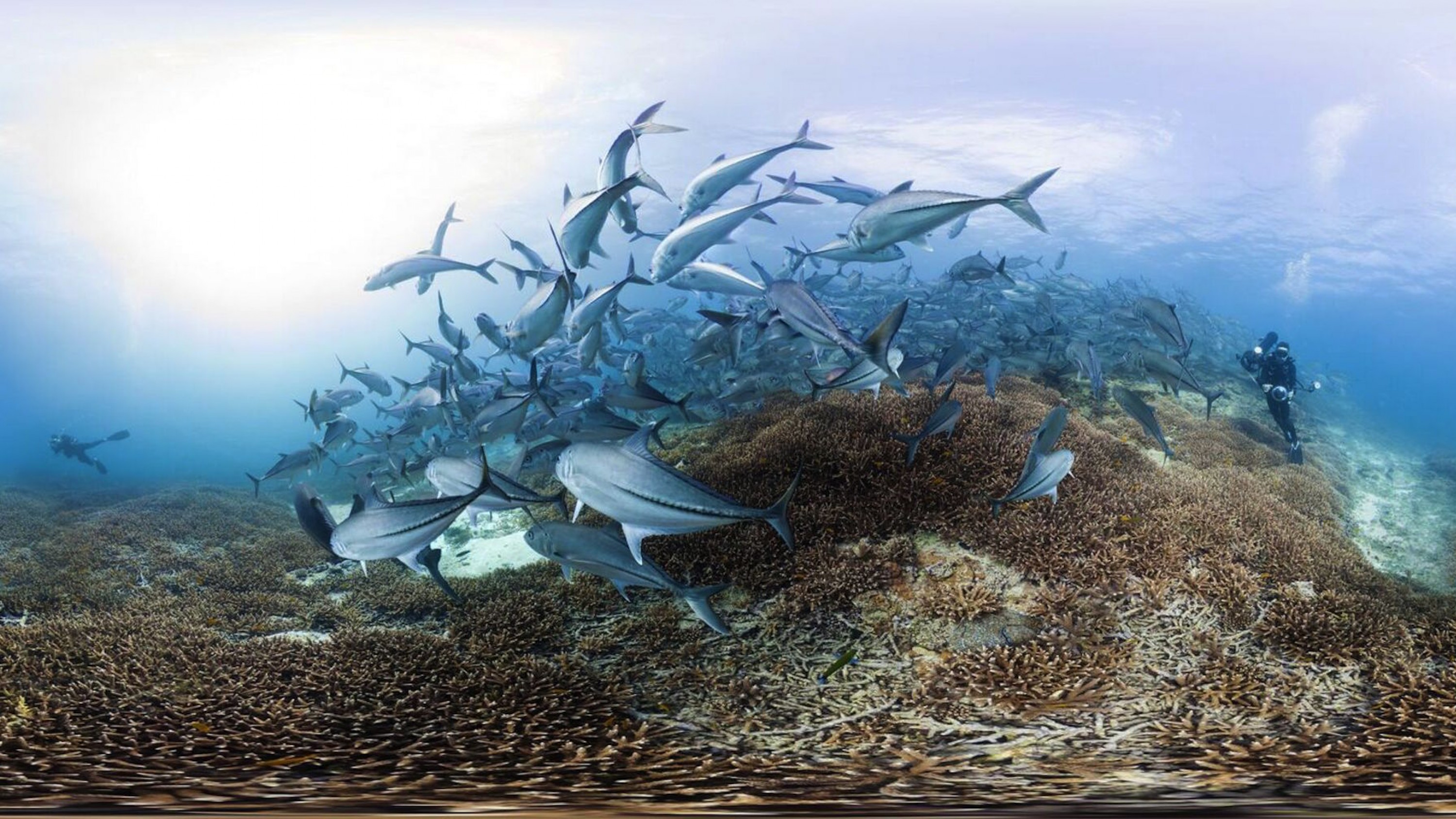How do Into Film Clubs work?
Find out more about what's involved in running your very own Into Film Club.



5–11
Medium (5-11 activities)
England, Northern Ireland, Scotland, Wales
The films in this strand highlight stories of activism or protest. They feature inspiring characters that stand up for what they believe in and go out of their way to project their friends, their community or the environment from harm. The films encompass themes of environment, anti-bullying, citizenship, race and politics to highlight the importance of treating everyone with respect and to encourage empathy and standing up for others.
This resource is made up of a Powerpoint presentation with activities and teacher's notes designed to enhance your experience of visiting the festival and can be used before or after viewing a film that is part of the Activate: Effecting Change strand. You can cherry-pick the activities in this resource and use the ‘extend' or ‘simplify' suggestions for learners of different ages and stages.
There is an accompanying Film Literacy Activities pack available to download which contains worksheets referred to in the Powerpoint presentation.
We have developed a large catalogue of educational resources since launching in 2013, and some references and terminology will inevitably have dated as society and language evolves. We are aware of this and will be updating resources when our production schedule allows.